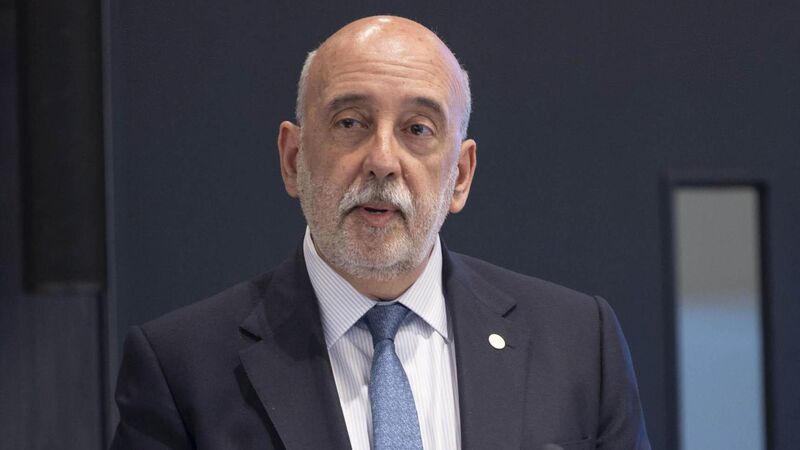Makhlouf: Growth of non-bank sector leaves regulators 'concerned'

Gabriel Makhlouf said: 'My number one area for potentially having new rules is with non-banks, where the non-bank sector has grown significantly in size.' File picture: Shane O'Neill, Coalesce
The non-bank financial intermediation sector has grown “significantly in size” to the point where regulators around the world are “concerned”, the Governor of the Central Bank has said, adding that it is his “number one area” for potentially bringing in new rules.
The non-bank financial intermediation (NBFI) sector comprises a number of different financial activities with non-bank financial institutions comprising investment funds, insurance companies, pension funds among other financial intermediaries.











